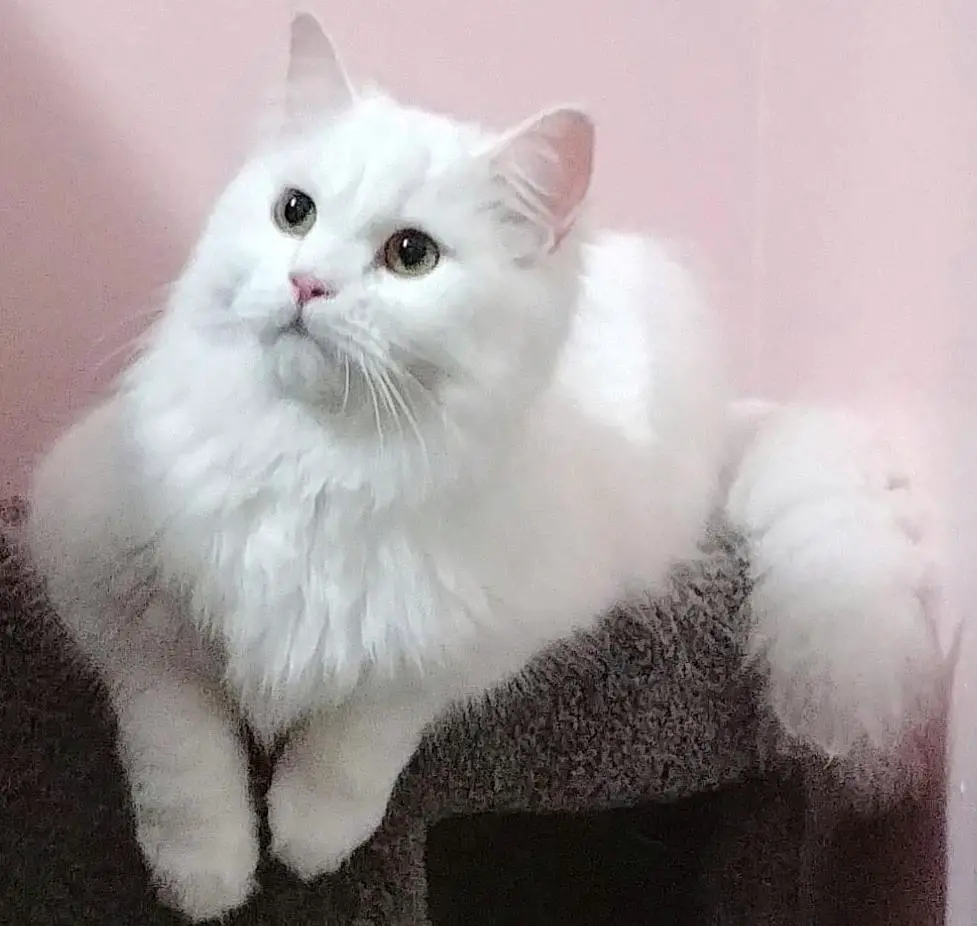Do Ragdoll Cats Snore

Some brachycephalic breeds of cats include Persian Himalayan and Burmese you can tell because their faces look a little smushed in a cute way.
Do ragdoll cats snore. With positive reinforcement Ragdoll cats learn quickly and can pick up tricks as well as good behaviors such as using a scratching post. Interactive toys with a second cat on the other hand alleviate 85 percent of your ragdoll cats loneliness and boredom. Cats also have a deeper non-REM sleep phase during which theyre fully relaxed.
This makes it more difficult for air to pass through and could lead to cats making strange noises when they breathe. However the accepted breed standard establishes that these cats must exhibit the pointed breed characteristics to be included. Brachycephalic or flat-faced cats may snore or snort due to the structure of their face and nasal passages Buis said.
They love their human familieseven childrenand will get along with other pets fairly well. Problems with the urinary tract stand out as being one of the most common diseases for Ragdoll cats. Polycystic kidney disease is a condition that primarily affects cats over the age of 10 and is more commonly diagnosed in Persian and Exotic Shorthairs but can also be present in Ragdolls.
These kitties exhibit kitten-like behavior until they reach full maturity somewhere between the ages of 2 to 4 years. Ragdoll cats do shed but unlike many cats they do not have an undercoat which is typically the cause of excessive shedding. A Ragdoll cat has a semi long haired coat that is sof.
Rather than buying only toys one solution to the problem of ragdoll cat loneliness is to buy a second cat. Brachycephalic cats may have other physical features that cause snoring such as an elongated soft palate that could partially block the entrance to the windpipe. What to do to prevent sheddingHow often to brush a Rag doll cats coat.
They are a great all rounder cat. During the first week their ears should begin to open up and they will start to make small sounds. Ragdoll cats can be fussy eaters and they are also prone to developing allergies and intestinal problems if their food doesnt completely agree with them.



















